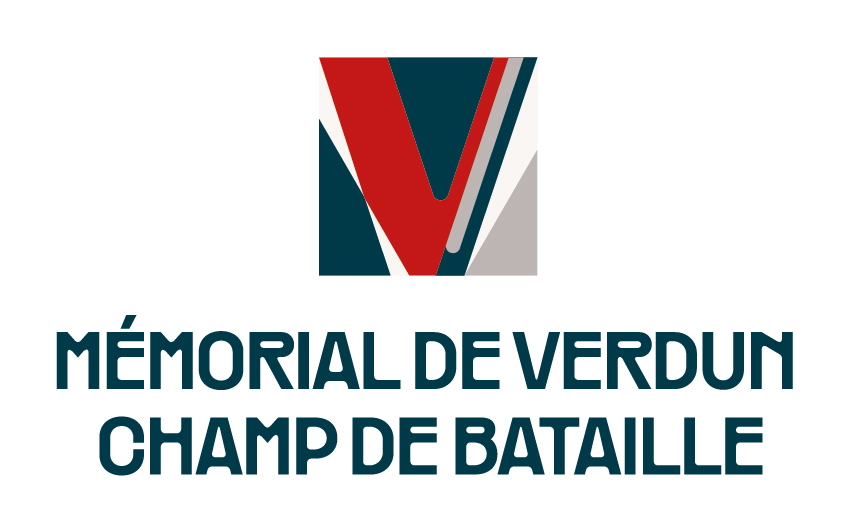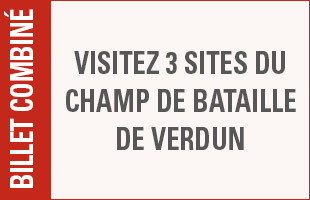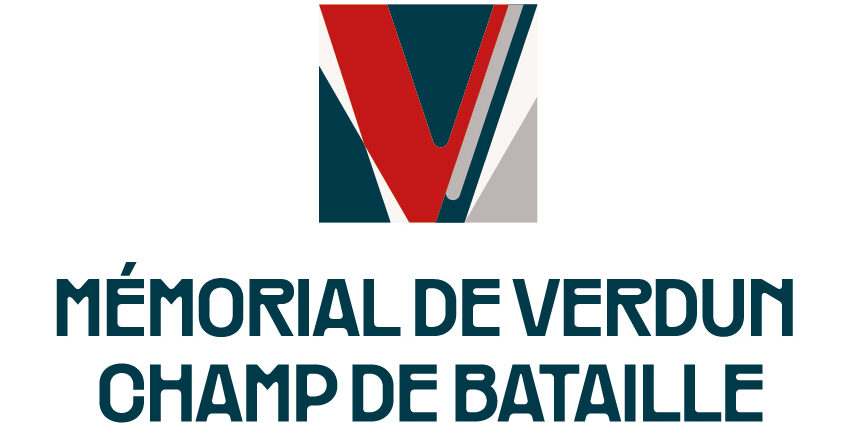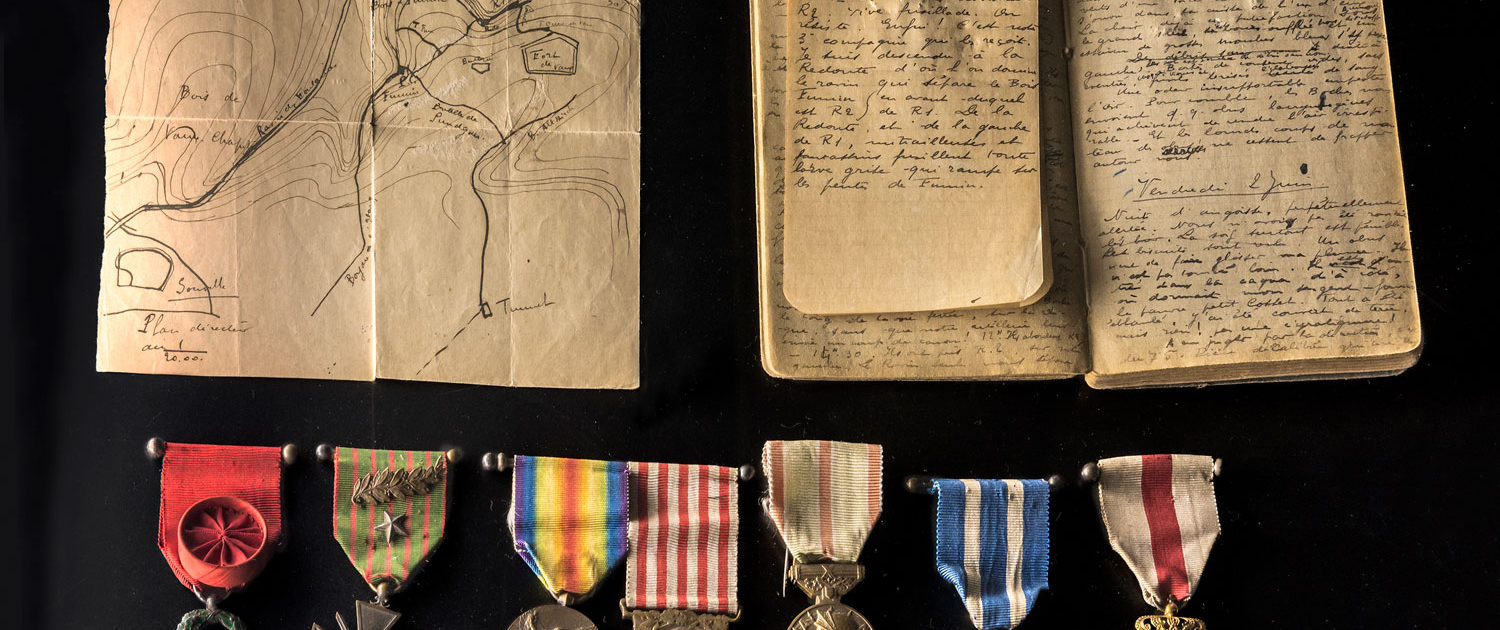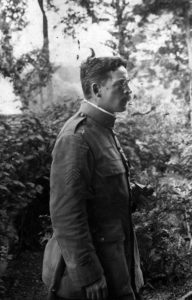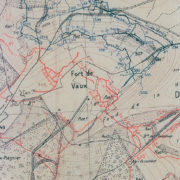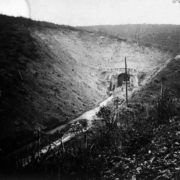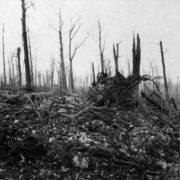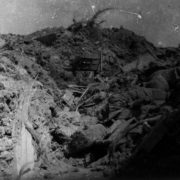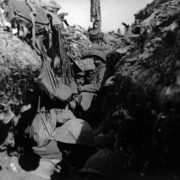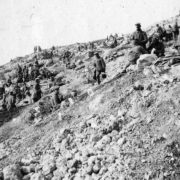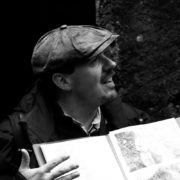Charles Delvert, academic, soldier, witness of the Great War
Charles Delvert is one of the great eye-witnesses of the First World War. A graduate of the École Normale Supérieure with a degree in history, captain of the 8th company of the 101st French Infantry Regiment, Charles Delvert kept a diary recording his daily experience of the war between August 1914 and August 1916. In May-June 1916, his regiment was engaged at Verdun at entrenchment “R1” to provide immediate defence for Fort Vaux. At the same time, the Germans launched a violent offensive surrounding the fort, which fell on 7 June. At the height of the attack, under fire from both German and French artillery, the 8th company entrenched their position and held on.
François Cochet, professor of contemporary history, will present a talk at the Verdun Memorial, tracing the career of Charles Delvert, teacher, soldier and loyal citizen. Nicolas Czubak, from the Memorial’s Learning Research Centre, will then guide participants around the battlefield, following in the footsteps of Charles Delvert and his men, as they endured the Battle of Verdun from entrenchment “R1”, close to Fort Vaux.
Discover other images by clicking on the thumbnails.
- Tranchées françaises et allemandes, fort de Vaux, mi-mai 1916. Collection Mémorial de Verdun
- Sortie est du tunnel de Tavannes. Photographie, juin 1916. © La Contemporaine (Val. 197/159)
- Bois Fumin, coin du bois bombardé. Photographie, juillet 1916. © La Contemporaine (Val. 183/085)
- Bois Fumin, élément de tranchée après bombardement, juillet 1916. © La Contemporaine. / Fuminwald, Abschnitt eines Schützengrabens nach Artilleriebeschuss, Juli 1916. © La Contemporaine. / Fumin Wood, part of a trench after bombardment, July 1916. © La Contemporaine
- Bois Fumin. Photographie, juillet 1916. © La Contemporaine (Val. 183/089)
- Dans le Fuminschlucht, ravin du Fumin, septembre 1916. Collection particulière. / In der Fuminschlucht, September 1916, Privatsammlung. / In the Fuminschlucht, Fumin Ravine, September 1916, Private coll.
French historian François Cochet specialises in the captivity of war, the combatants’ experience and the memory of war. Graduating in history in 1978, he gained a doctorate from Paris VII University with a thesis entitled “Rémois en guerre, 1914-1918 : paroles de témoins et sources écrites” (Rheims at war, 1914-1918: first-hand accounts and documentary sources), followed by a doctorate from Rheims University on “Retour et réinsertion, des prisonniers, déportés et requis, 1945-1954, l’exemple des Champenois “ (The return and reintegration of prisoners, deportees and conscripts, 1945-1954, example of the Champagne region). In 1996, he successfully defended his post-doctoral thesis on “War and memories of war”. He began as a lecturer in Rheims and was appointed professor at Limoges University (2000-2002), followed by Paul-Verlaine University in Metz (2002-2017). Since then, he has been pursuing his research on the history of conflicts and the combatants’ experience. This work has led to involvement in a variety of museum projects. He is currently a member of the National Scientific Council of the Commission for the Centenary of the Great War and a member of the Scientific Committee Verdun Memorial – Battlefield.
Nicolas Czubak is a history and geography teacher seconded to the Memorial’s Learning Resource Centre, and a member of the Scientific Advisory Committee to the Verdun Memorial – Battlefield. He is a member of various associations promoting the history and heritage of the Great War and a guide and lecturer at several First World War sites and author of a series of works on the Great War. These include Bis zum Ende, Jusqu’au Bout. Août-September 1914 : la Lorraine bascule dans la guerre, Éditions Serpenoise, 2013 (co-authored with Kévin Goeuriot) (Sergent Maginot Prize 2014), Les Éparges – Die Combres-Höhe (1914-1918), Français et Allemands face à face sur les Hauts de Meuse, Dacres éditions, 2014 (co-authored with Pascal Lejeune) (selected for the Erckmann-Chatrian Prize History Scholarship in 2015), La guerre aux portes de saint-Mihiel – Fort du Camp des Romains – Fort de Liouville – Forêt d’Apremont, Ysec Editions, 2016.
Tariff
Free event.
Booking recommended using the form here.
